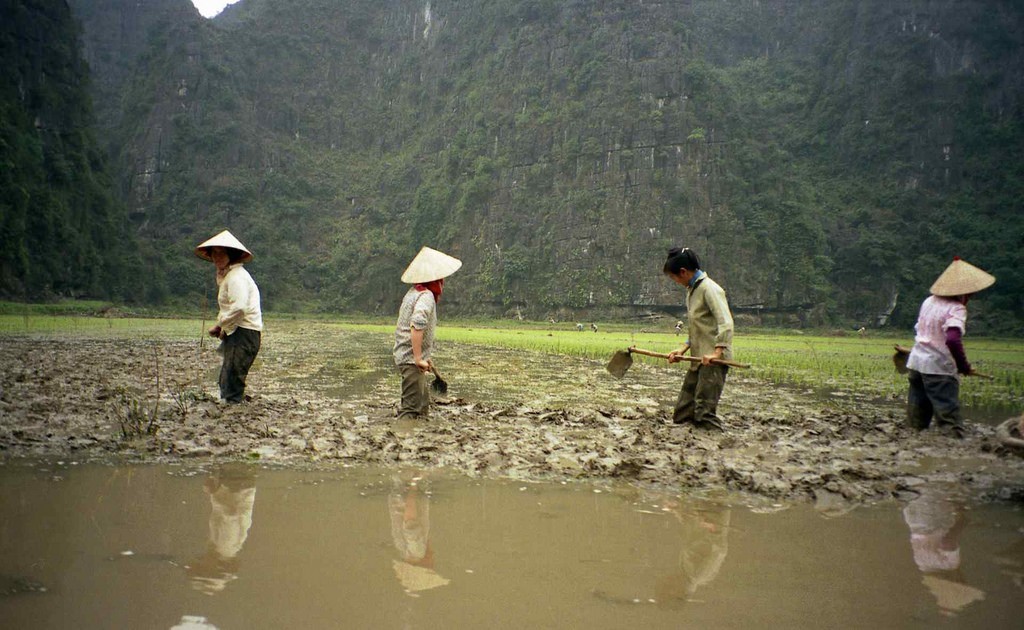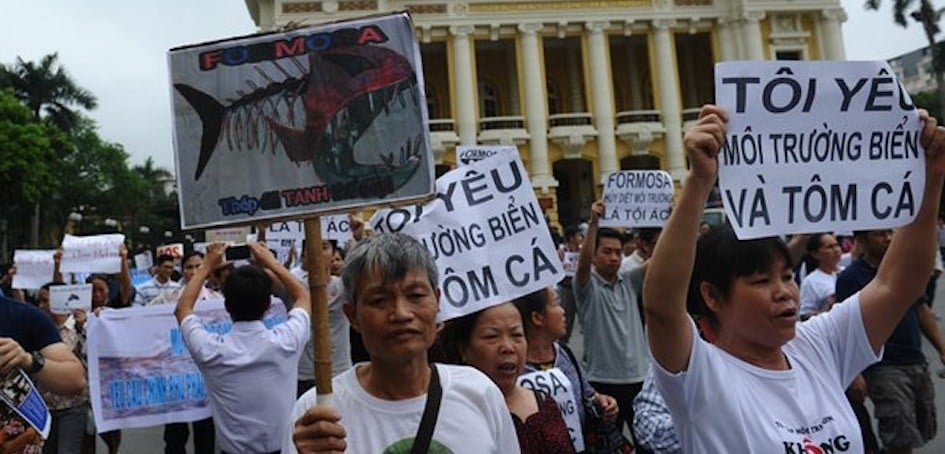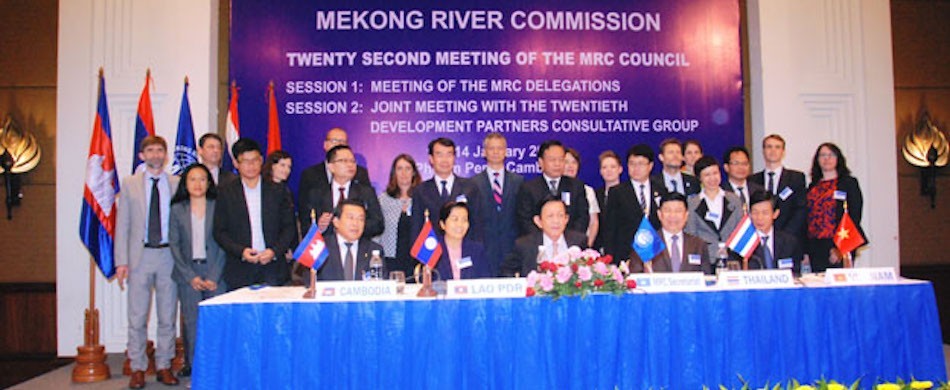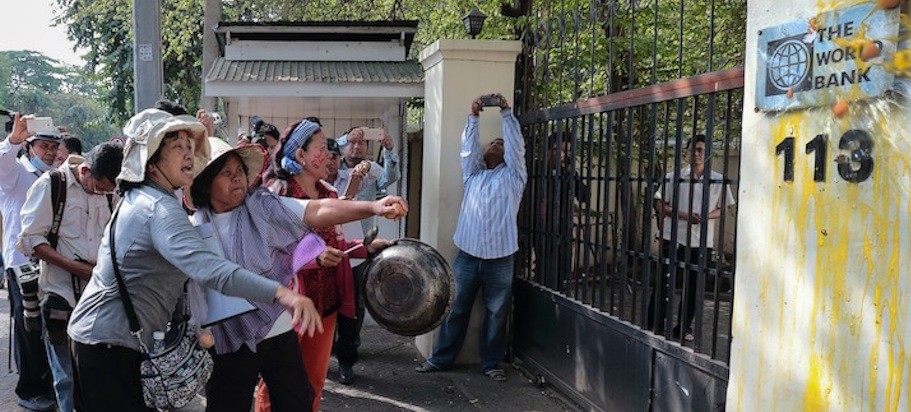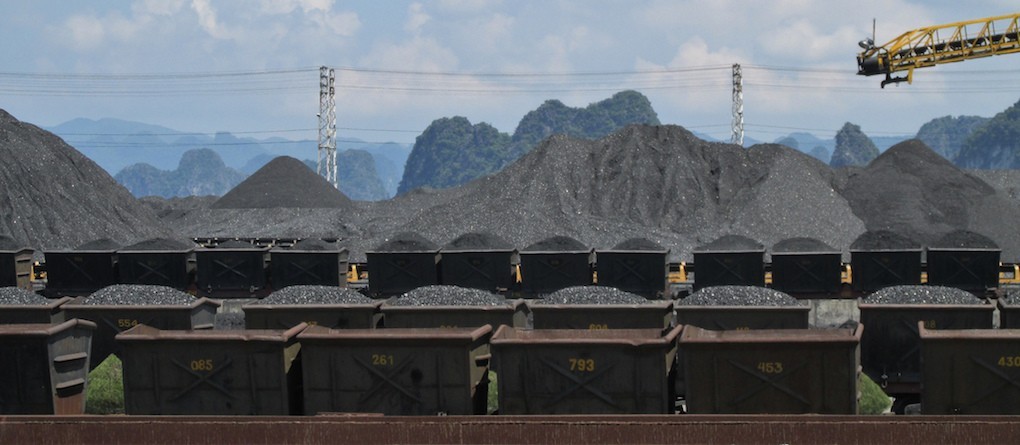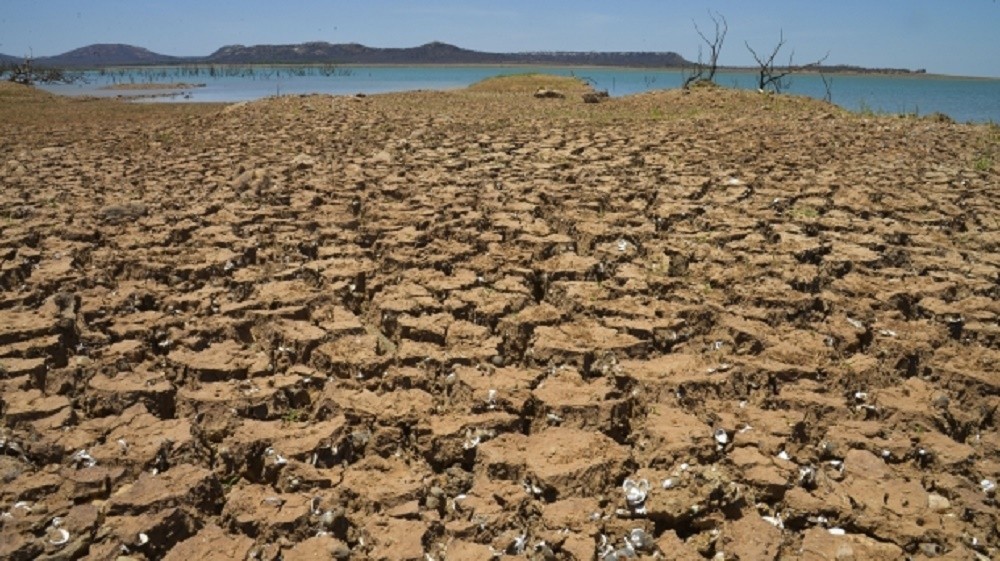Vietnam’s Ministry of Investment and Planning (MPI) received the requirement for approval the investment project of Xuan Thanh group (Xuan Thien Co Ltd) about the construction the waterway transport system and hydropower on Red River, the North of Vietnam. MPI has informed the Prime Minister and consulted with MONRE about this project as MPI thinks that this project will have potential impacts to environment by dredging the riverbed or process of hydropower construction. But in order to understanding how specific the impacts, its need to conducting the EIA report.
The Prime Minister has not yet approved this project as its still lack many information and legal documents. Prime Minster assigned MONRE to establish the exploitation master plan of Red River to ensure the sustainable development.


